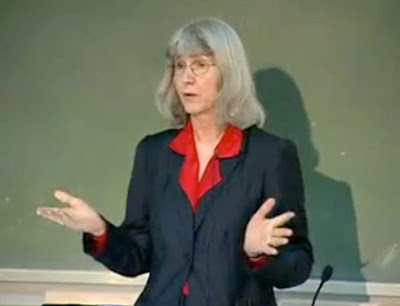EvolutionDocumentary
Broadcast (2007) With spectacular cinematography from land, sea and air, and blending rugged volcanic landscapes with intimate animal behaviour, this ambitious series from the BBC's Natural History Unit brings this remarkable archipelago to captivating life. This opening episode chronicles the many fascinating stages of the island chain's existence, and reveals how creatures have developed enterprising ways of dealing with life on this restless Pacific outpost. Witness the dramatic eruption of the largest of all the Galapagos volcanoes, Sierra Negra, blowing smoke and ash seven miles into the sky; marine iguanas, the worlds only seagoing lizards, leaping off lava cliffs into treacherous surf; Galapagos giant tortoises, the largest on Earth, being groomed by Darwin's finches, and the magical courtship display of the waved albatross. Tilda Swinton is the narrator.
Against a backdrop of smouldering volcanoes, brittle lava fields, fields of giant cactus and wave pounded shores, witness blue footed boobies plunge diving in to treacherous waters, sea lions surfing, the beautiful courtship dance of the waved albatross, Darwin's finches as crafty tool users and hawks hunting marine iguanas. Galapagos is unlike any other place on Earth. The archipelago is made up of thirteen main islands, they sit astride the equator, almost a thousand kilometres off the coast of South America, and are connected directly to the heart of the planet. The product of a volcanic hotspot, from the moment they are born, the islands are carried on a remarkable millenia long journey before sinking back beneath the waves.
The Galapagos islands are a fascinating microcosm of our planet and home to some of the most astonishing creatures found anywhere on Earth: iguanas swim the sea like dragons, short eared owls stalk petrels by day and 500 pound giant tortoises bellow over lava fields. One thousand kilometres due west of Ecuador, where four major ocean currents unite, vast undersea volcanoes break the surface of the Pacific Ocean. Early explorers described these otherworldly islands as "Las Encantadas" "the Enchanted Islands". In time they became known as Galapagos, the islands of the Tortoises. Darwin described them as a "world within itself".
Using spectacular HiDefinition cinematography from land, sea and air, and blending dramatic landscapes with intimate animal behaviour, drama reconstruction and stunning satellite imagery, this ambitious series presents the most complete portrait ever of these fascinating islands. Galapagos reveals how wildlife has found the most enterprising ways to get to grips with this restless volcanic outpost, why these islands are such a fascinating showcase for evolution, and the profound forces that influence the delicate balance of life.














